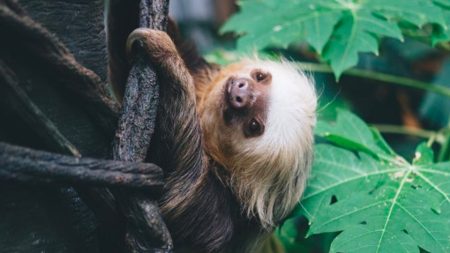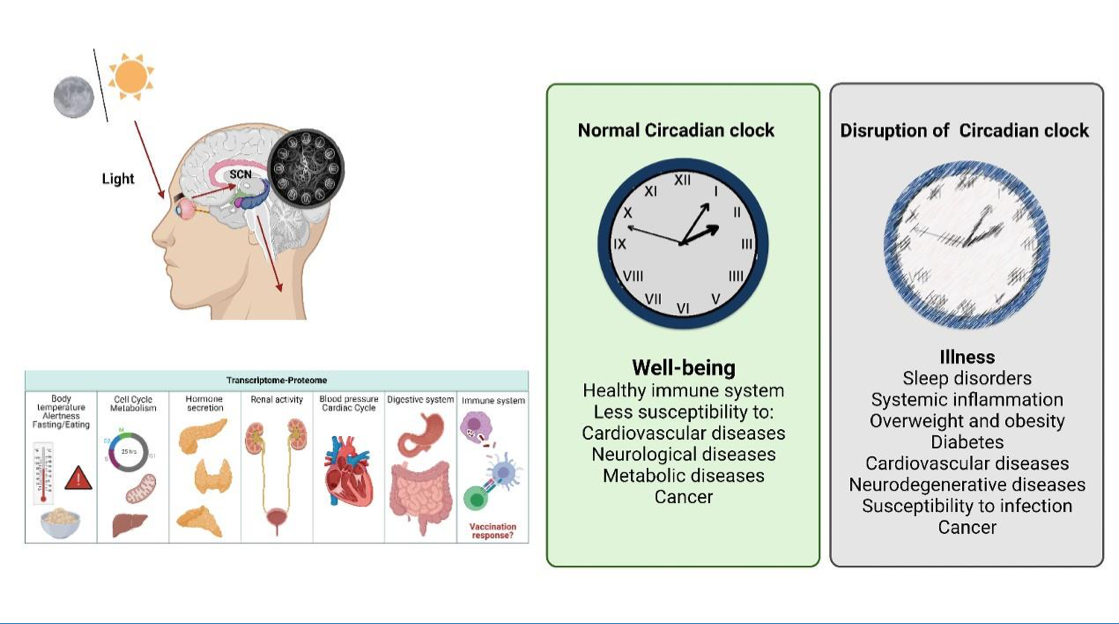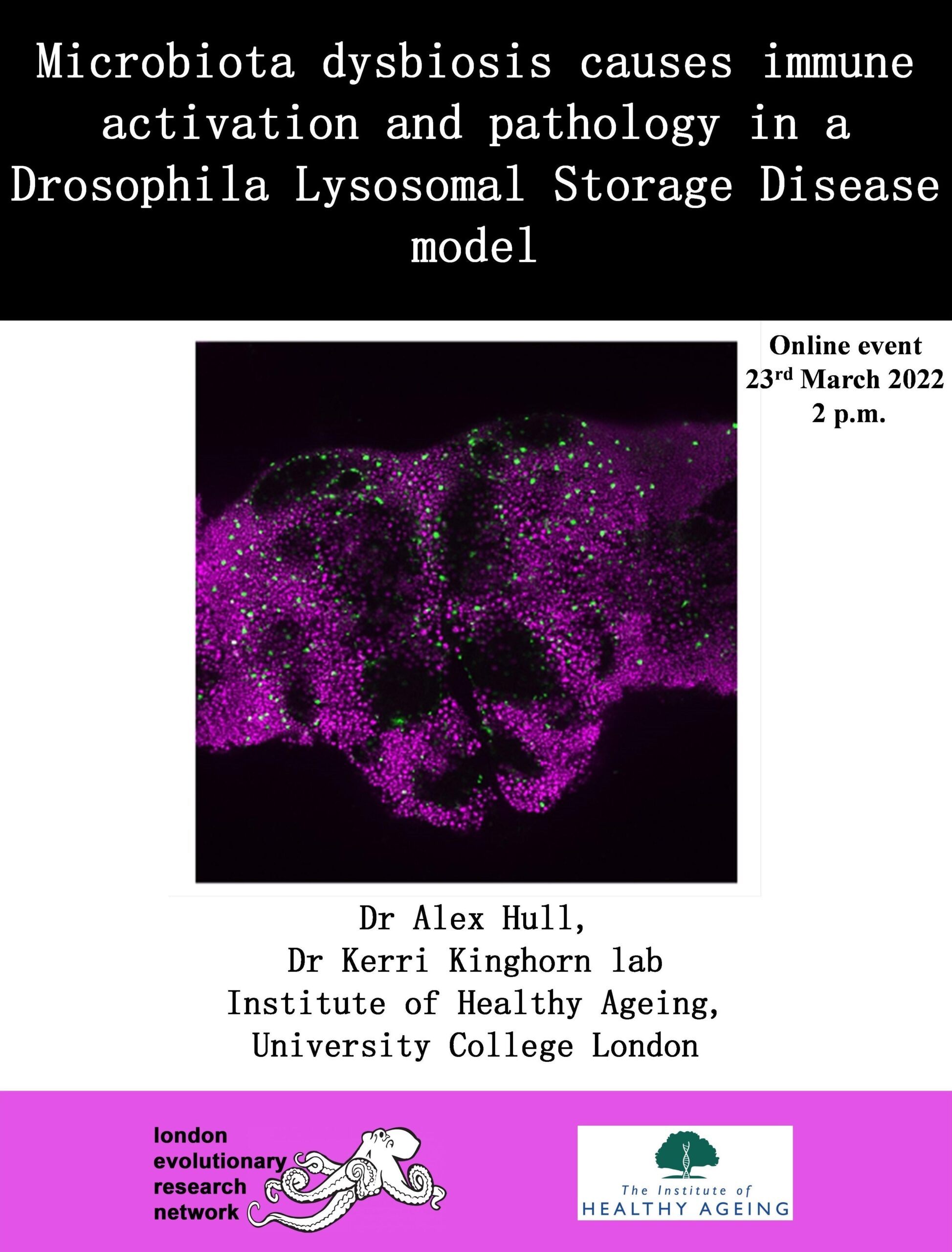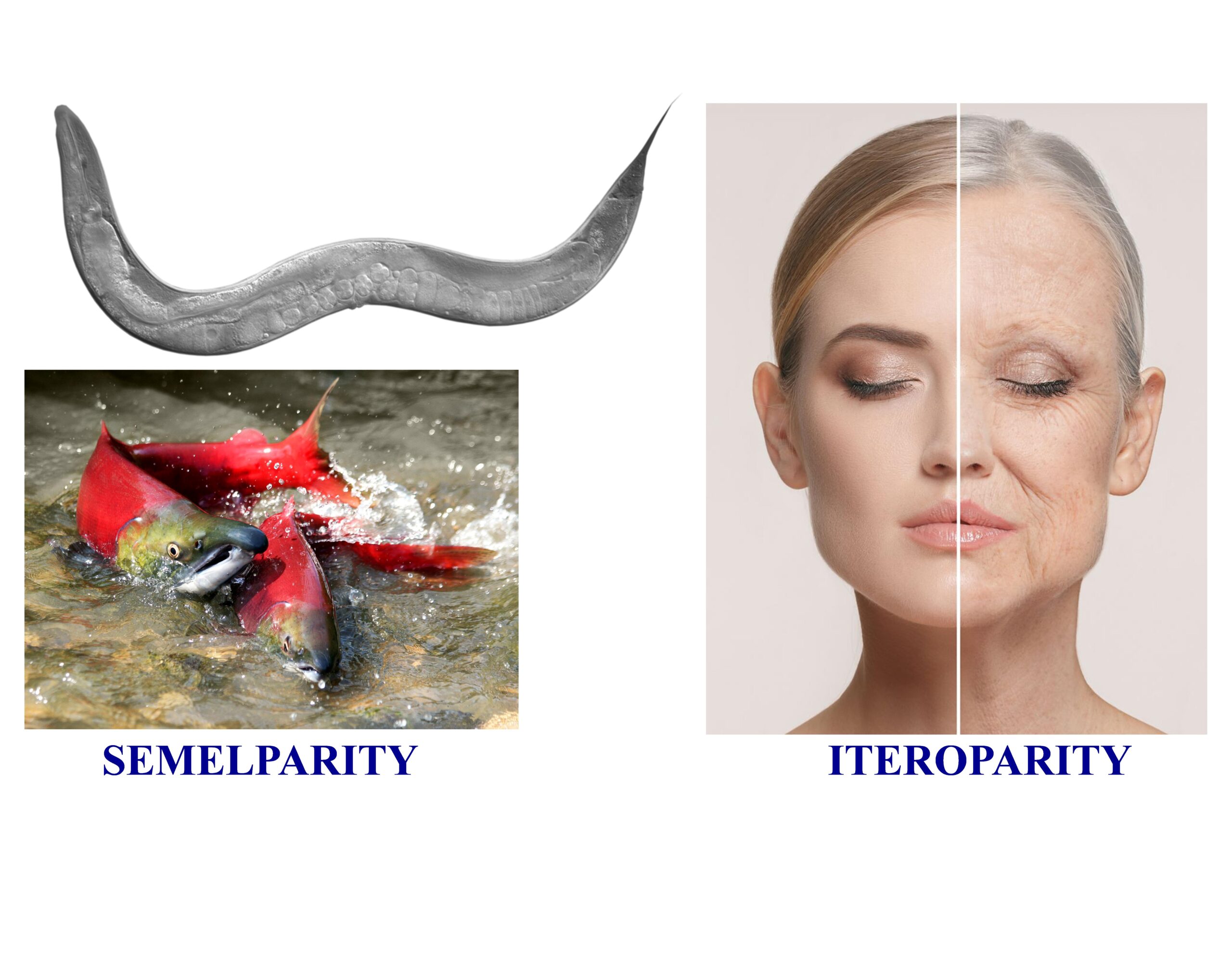DEBATE – Darwin’s ark: Choosing the Species to Save From Extinction
The annual LERN\Linnean Society debate- Thursday, the 19th of November, at the Linnean Society 5pm. You can find more information on this event on the Linnean Society website.
A panel of people working in conservation science an conservation policy will discuss if conservation work should be prioritising some species over others, and how to make this choice.
Paul Jepson directs Oxford’s MSc in Biodiversity, Conservation and Management and leads an interdisciplinary conservation governance lab. Paul transferred into academia from a successful career in conservation policy and management. His publications in this space included ‘Towards a biocultural theory of avoided extinction’ and ‘A theory of Flagship species action’. His group is currently working on a Panda Index of species’ iconicness.
Nisha Owen is Programme Manager for ZSL’s EDGE of Existence, a global conservation initiative that focuses specifically on threatened species that represent a significant amount of unique evolutionary history. Her work supports conservation activities on species including the Chinese giant salamander, the pygmy three-toed sloth, and the Philippine monkey-eating eagle.
Colin Clubbe, Head of Conservation Science at the Royal Botanic Gardens Kew and a member of the IUCN Red List Committee, Colin Clubbe is an expert on conservation of plant species and has a specific interest in island plants. He leads the efforts of Kew’s Conservation Science Department to provide research-based solutions to the world’s plant and fungal conservation problems.
John Frizell is a campaigner and writer. John Frizell served as Executive Director of Greenpeace International for six years. He was trained in biochemistry at University of British Columbia and is a frequent contributor to the Futures pages of Nature.





